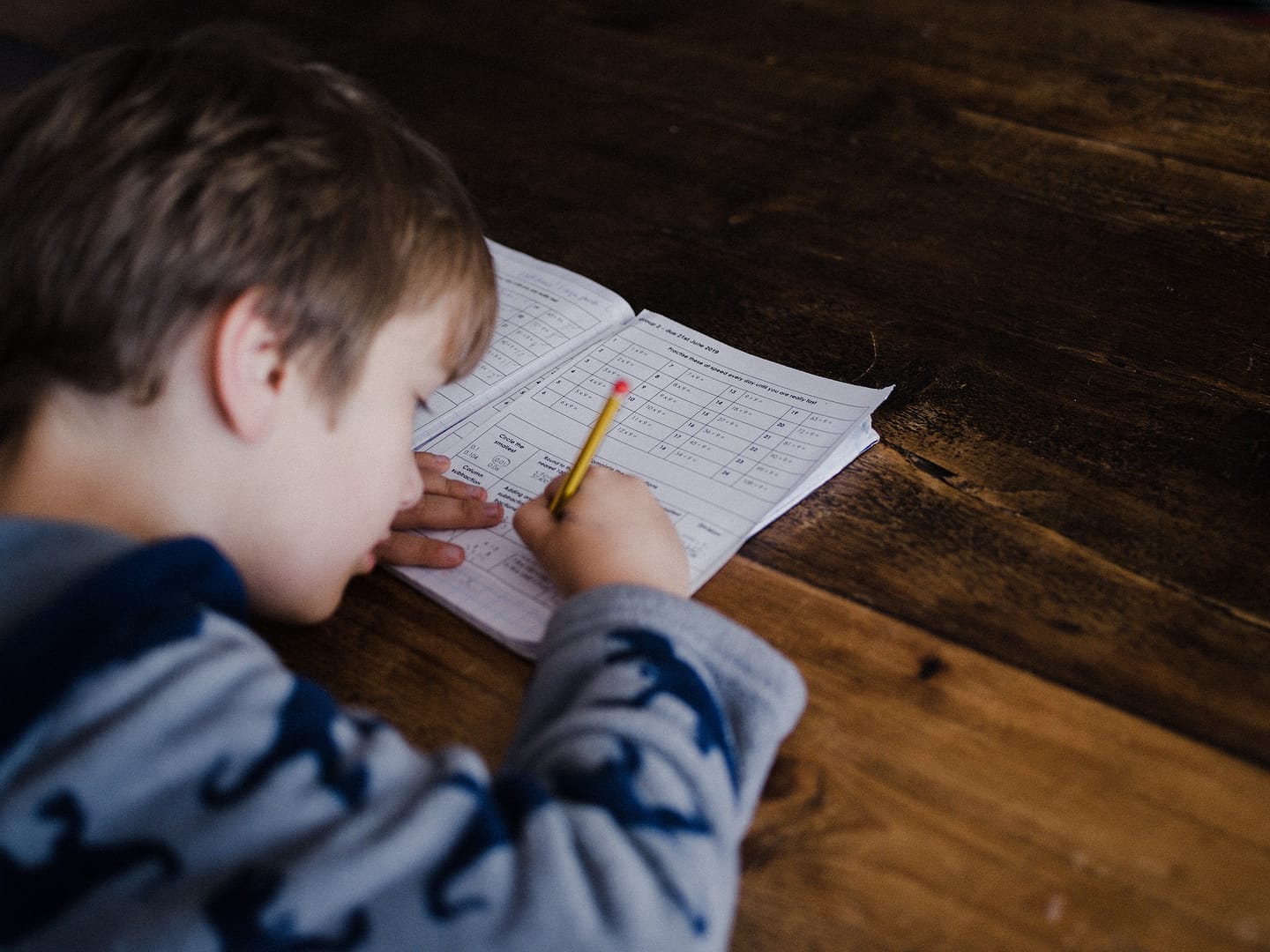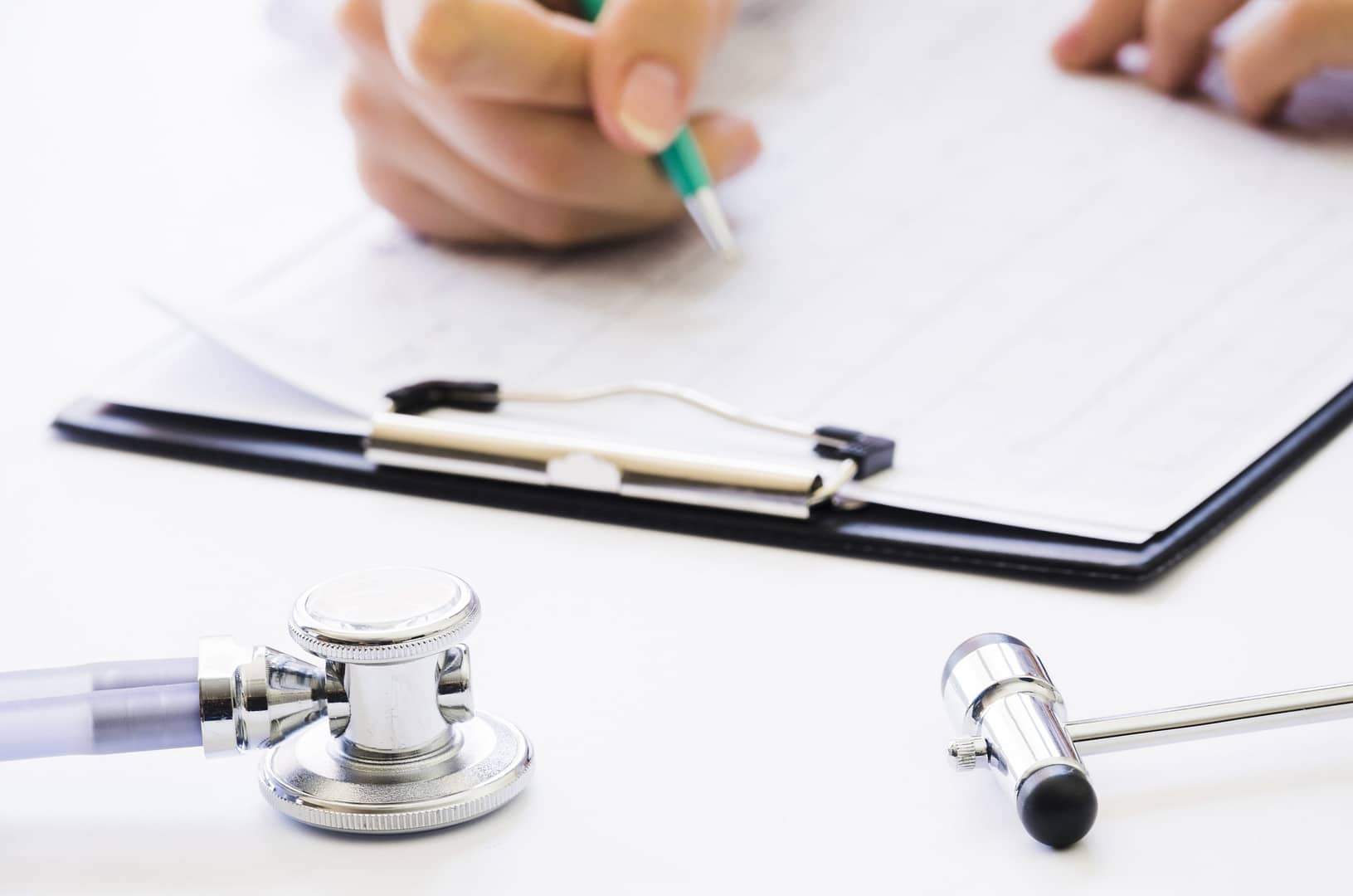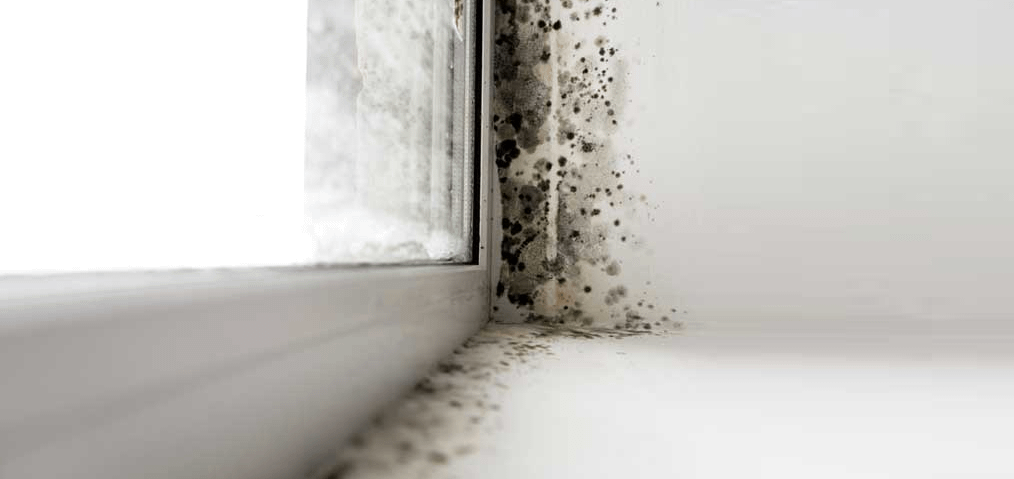Paediatric brain injuries are a serious concern, and understanding their diagnosis and treatment is crucial for the well-being and long-term outcomes of affected children. When a child experiences this personal injury, it is important to promptly recognize and address the potential consequences, as they can have lasting effects on the child’s development and quality of life. In this article, we will delve into the topic of paediatric brain injuries, explore their diagnosis and treatment, discuss the long-term effects that these injuries can have on affected children, and touch upon making a personal injury claim.
The Impact of Childhood Head Injuries
Childhood head injuries can range from mild concussions to severe traumatic brain injuries (TBIs), and their repercussions can vary significantly. While some children may recover completely without any long-term effects, others may experience lasting difficulties in cognitive, physical, and emotional functioning. It is important to note that even seemingly minor head injuries can lead to significant consequences.
Can a Childhood Head Injury Cause Problems Later in Life?
Yes, a childhood head injury has the potential to cause problems later in life. The brain is a complex organ, and when it sustains an injury, it can disrupt its delicate balance and functioning. In some cases, the effects may be immediately apparent, while in others, they may manifest later in life, especially as the child’s brain continues to develop.
Long-Term Effects of Paediatric Traumatic Brain Injuries
Paediatric traumatic brain injuries (TBI) can have a profound impact on a child’s life, both in the short and long term. While the immediate effects of a TBI may be evident, such as loss of consciousness, confusion, or difficulty with motor skills, it is the long-term effects that may pose significant challenges for the affected child.
Cognitive Impairments
One of the most common long-term effects of paediatric TBIs is cognitive impairments. These impairments can manifest in various ways, including difficulties with memory, attention, problem-solving, and language skills. For example, a child may struggle with remembering information taught in school, have trouble focusing on tasks, or find it challenging to express themselves verbally. These cognitive impairments can affect the child’s academic performance and overall cognitive development.
Physical Disabilities
In some cases, paediatric TBIs can lead to physical disabilities. The extent of physical disability may vary depending on the severity and location of the injury. Children with TBI may experience difficulties with motor coordination, balance, or fine motor skills. They may also have trouble with activities of daily living, such as dressing, eating, or bathing. Physical therapy and rehabilitation can play a crucial role in helping these children regain their motor function and improve their overall quality of life.
Emotional and Behavioral Challenges
Paediatric TBIs can also have a significant impact on a child’s emotional and behavioral well-being. Children who have sustained a brain injury may experience emotional instability, mood swings, anxiety, or depression. These emotional challenges can further exacerbate their difficulties in social interactions and relationships. It is essential for healthcare professionals and caregivers to provide comprehensive support, including counseling and therapy, to address the emotional and behavioral needs of these children.
Diagnosis of Paediatric Brain Injuries
Accurate diagnosis is vital for effective management and treatment of paediatric brain injuries. It involves a comprehensive evaluation of the child’s medical history, physical examination, and neuroimaging tests. The healthcare provider will gather information about the circumstances of the head injury, any associated symptoms, and the child’s developmental and behavioral changes since the incident.
Physical Examination
During the physical examination, the healthcare provider will assess the child’s neurological function, looking for signs of abnormalities or deficits. They will evaluate the child’s motor skills, reflexes, coordination, and sensory responses. Additionally, they may perform cognitive tests to assess memory, attention, and problem-solving abilities.
Neuroimaging Tests
Neuroimaging tests, such as CT scans or MRI scans, play a crucial role in diagnosing paediatric brain injuries. These tests allow healthcare professionals to visualize the brain’s structure and identify any abnormalities or areas of damage. Neuroimaging can help determine the severity and location of the injury, guiding the appropriate treatment plan.
Treatment of Paediatric Brain Injuries
The treatment of paediatric brain injuries aims to address the immediate needs of the child, promote recovery, and minimize long-term complications. The specific treatment approach depends on the severity and type of injury, as well as the individual needs of the child.
Medical Management
In cases of severe brain injuries, immediate medical intervention may be necessary to stabilize the child’s condition. This may involve surgeries to relieve pressure on the brain, control bleeding, or repair any skull fractures. Medications, such as anti-seizure drugs or pain relievers, may also be prescribed as part of the medical management.
Rehabilitation
Rehabilitation plays a critical role in the recovery process for children with brain injuries. It encompasses various therapies, including physical therapy, occupational therapy, and speech and language therapy. These therapies aim to improve motor function, enhance cognitive abilities, and address any communication difficulties. Rehabilitation programs are tailored to the individual needs of the child and may involve a multidisciplinary team of healthcare professionals.
Supportive Care
Children with brain injuries require ongoing support and care to optimize their recovery and quality of life. This includes providing a supportive environment at home and school, making necessary accommodations, and ensuring access to necessary resources. Additionally, emotional support and counseling can help children and their families cope with the challenges and adjustments that come with a brain injury.
Making a Personal Injury Claim
In cases where a paediatric brain injury is the result of someone else’s negligence or intentional harm, it may be possible to make a personal injury claim. This claims process can help secure financial compensation to cover medical expenses, rehabilitation costs, ongoing care, and other associated damages. It is important to consult with us at National Claims to understand the specific legal options available in such cases.

Conclusion
Paediatric brain injuries can have a significant impact on a child’s life, and their diagnosis and treatment are crucial for optimal outcomes. From cognitive impairments to physical disabilities and emotional challenges, these injuries can present various long-term effects. Timely and accurate diagnosis, along with a comprehensive treatment plan that includes medical management, rehabilitation, and supportive care, can help children with brain injuries navigate their journey to recovery.
By providing the necessary support and resources, we can help these children thrive and overcome the challenges they face. In cases of negligence, making a personal injury claim can provide financial support to ensure the child’s ongoing care and well-being. With proper care and support, children with brain injuries can lead fulfilling lives and reach their full potential.
Contact us now and be put in touch with one of our claims specialists to help you start your claim.
Click below to see why we are one of the most trusted claims management companies in the UK.

We’re proud of our excellent customer reviews
We thrive on delivering exceptional service and ensuring our clients’ satisfaction. Don’t just take our word for it. Check out some of our independent reviews to see what our clients have to say.
Excellent

This firm is excellent, they sorted out my car pay out and injury claim very fast, they always communicate with you all the time.

My accident case was dealt with confidence and with great result of the outcome, especially James kept me informed all the time.

I was very impressed at the way my inquiry was treated. I was listened to attentively and everything I needed to know was explained to me.






